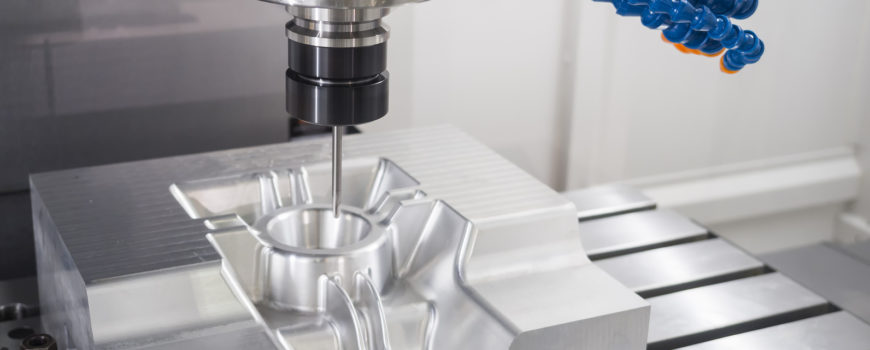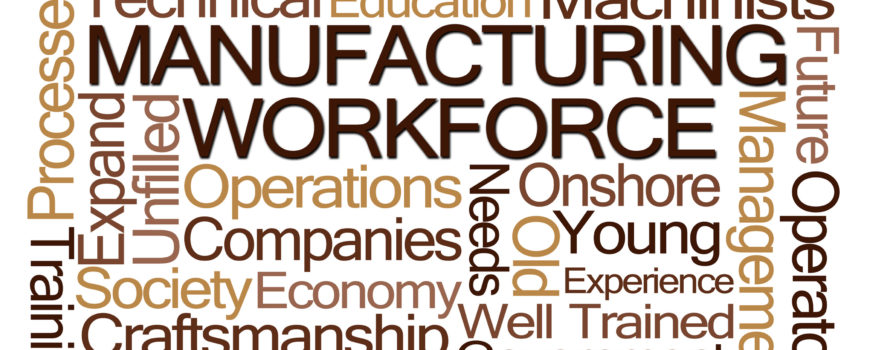As manufacturing continues to evolve, CNC machinists find themselves in stressful situations since the skills gap is diminishing with time. It has become very difficult to find experienced CNC manufacturing machinists in this industry. The level of competition is up which requires high CNC automation of machine tools to provide stiff competition to other CNC machine providers.
The high demand for quality parts means that mechanical engineering and milling processes must put more emphasis on increased productivity and manufacturing. Today, modern valuable CNC machining tools have made it possible for most shops to modernize their operations. To remain competitive, CNC machinists must find viable ways of increasing their output and maintain reliable, quality and exceptional customer care services.
Time is an important aspect in CNC manufacturing and each machine shop owner wish to make their shops more productive and efficient. Here are three main tips for improving your CNC machine shop efficiency and productivity.
Prolonging the Life of the Tool
Consider having a high-pressure coolant system or increase the concentration of the existing one. It is advisable to examine your tool holder and the inserts from time to time to enhance its lifespan. This simple process helps you to prevent any disastrous failures. You should also record the number of materials that are being removed. Mechanical engineering schools put a lot of emphasis on avoiding extreme contact time with the new materials.
During this process, it’s advisable to go for harder insert grades of your choice which will service you for long. To maintain your tool holder for a long time, some specific coatings like aluminum oxide will help you to reduce the cycle while increasing the lifespan of your tool, feed rates and cutting speeds. Alternatively, you may consider investing in a cryogenic machine.
Improve the Organization
Lack of proper organization may lead to loss of money and significant manpower. There is need to maintain a properly arranged workplace for your business especially if it’s a machine tool. You have to organize things and put them in place when you are done with your work.
You should make sure you invest in quality shadow boards, and tool draws such as those used at US manufacturing schools. You should also improve the labeling system of your arrangements to prevent confusions. Cleanliness of your equipment and shop floor should be maintained since it’s beneficial to your health and business.
Equipment Management System
It is profitable to keep your tool cost as low as possible and invest in US manufacturing tool management system while setting your time down. A good and reliable tool management system will help you to manage and track your inventory. This will enable you to reduce the cost of overstocking or understocking of the tool supply.
The manufacturing in USA enables you to find useful software that will help you control performance, tool usage and procurement in your CNC machine shop. The software also provides crucial purchase notifications to help you avoid costly downtimes. You need to understand that your production quantity isn’t the only factor that drives business growth. You need to thoroughly evaluate the kind of services you are providing to your clients and streamline your overall business processes.











